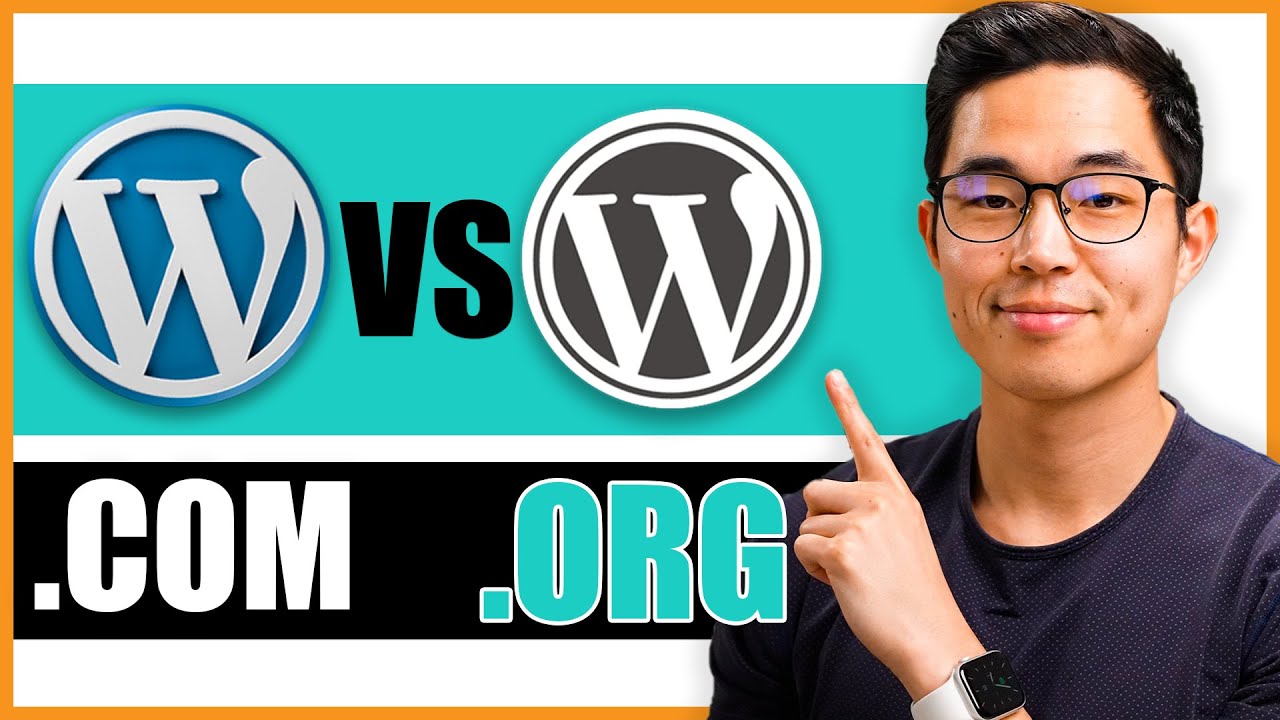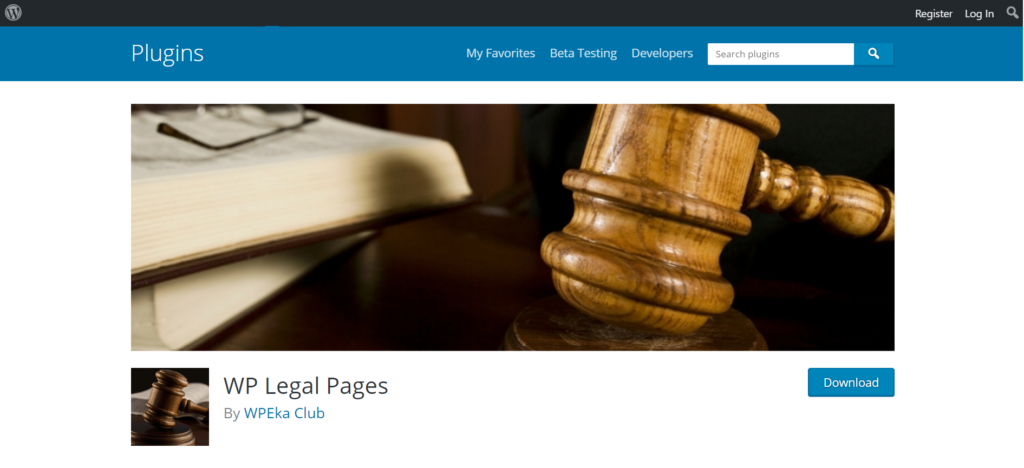Recently, the tech and website hosting communities have been buzzing about a legal battle between WordPress, the popular open-source platform, and WP Engine, a major managed hosting provider. This dispute has sparked questions about intellectual property, platform rights, and the future of website hosting. If you’re curious about what’s going on and why it matters, you’re in the right place. Let’s break down the key facts, the background, and what might be at stake for both companies—and for anyone who runs a website or is interested in web technology.
The Background and Key Issues in the Legal Case

The heart of this legal case lies in a complex web of intellectual property rights, platform licensing, and business practices. To understand the dispute, it helps to look at the history of both companies and the specific issues involved.
WordPress is an open-source content management system (CMS) that powers over 40% of websites worldwide. Its code is freely available under the GPL (General Public License), which allows anyone to use, modify, and distribute it, as long as they adhere to the same licensing terms. WordPress is developed by a global community of contributors, and its core philosophy emphasizes open collaboration and freedom.
WP Engine, on the other hand, is a commercial hosting provider that specializes in managed WordPress hosting. They offer optimized server environments, security features, and technical support tailored specifically for WordPress sites. Since their business model relies on providing proprietary services and infrastructure, there’s often a delicate balance between open-source principles and commercial interests.
The core issues in the legal case revolve around allegations that WP Engine may have engaged in practices that infringe upon WordPress’s licensing or proprietary rights. These include:
- Use of WordPress code or branding in ways that might suggest an endorsement or partnership that doesn’t exist.
- Potential modification or distribution of WordPress code without proper adherence to GPL licensing.
- Business practices that could be seen as unfair competition or misrepresentation.
Both sides have presented their arguments publicly, with WordPress asserting that WP Engine’s actions could undermine the open-source ecosystem and violate licensing agreements, while WP Engine claims that their methods are lawful and aimed at improving the user experience. As the case unfolds, many are watching closely to see how the courts will interpret these issues and what precedents might be set for open-source projects and commercial hosting providers alike.
3. Implications of the Legal Battle for WordPress Users and Hosting Providers

So, what does this legal showdown really mean for the everyday WordPress user or hosting provider? Well, it’s a mix of potential challenges and opportunities, and it’s important to understand how it might ripple through the community.
First off, WordPress users—whether you’re running a simple blog or a large e-commerce site—might notice some changes in how hosting providers operate. For example, if the legal battle prompts stricter licensing or usage policies, hosting companies could become more cautious about the services they offer. This might mean more limited options for customization or stricter compliance requirements, which could impact how freely users can manage their sites.
Then there are hosting providers themselves. They might face increased legal scrutiny, especially if the case involves proprietary code or licensing issues. This could lead to a few scenarios:
- Implementing more rigorous vetting processes for clients and content.
- Adjusting service offerings to ensure compliance, possibly at the expense of flexibility.
- Legal costs and potential liabilities rising, which could influence pricing structures or lead to service restrictions.
Another important aspect is the potential for increased uncertainty. If the case drags on or results in a significant legal ruling, it might create a fog of ambiguity around what’s permissible on WordPress sites. This could cause hesitation among developers or businesses considering launching new sites, worried about future legal entanglements.
Moreover, the broader ecosystem might see shifts in how plugins and themes are developed and distributed. Developers might become extra cautious about licensing, leading to a slowdown in innovation or, conversely, a push for clearer, more standardized licensing frameworks. Ultimately, the community’s collaborative spirit could be tested as everyone navigates these uncharted waters.
In summary, the implications are multi-faceted—ranging from operational adjustments for hosting providers to cautious optimism among users. While some disruptions are possible, this situation also presents an opportunity for the WordPress community to advocate for fair use, transparency, and better legal frameworks that support growth and innovation.
4. Potential Outcomes and Their Impact on the WordPress Community
Now, let’s talk about what could happen next and how those outcomes might shape the future of WordPress. Of course, no one has a crystal ball, but by examining possible scenarios, we can get a sense of what might be ahead.
Scenario 1: Favorable Ruling for WordPress
If the court sides with WordPress or its community, it could set a strong precedent that protects open-source projects from restrictive legal claims. This would be a massive win, reinforcing the idea that open-source software should be freely accessible and modifiable. For the community, it means continued innovation, fewer legal barriers, and a more vibrant ecosystem of developers and users.
Scenario 2: Legal Restrictions Tighten
On the flip side, if the court rules against WordPress, it could lead to stricter licensing, potentially forcing some plugins or themes to change their distribution models. This might slow down the pace of plugin development or cause some developers to withdraw their work, fearing legal repercussions. The community might have to adapt by creating clearer licensing guidelines or shifting towards more proprietary solutions.
Scenario 3: A Settlement or Compromise
Sometimes, legal battles end with a settlement. If that happens here, it could involve concessions from both sides—perhaps clarifying licensing terms or establishing new guidelines for plugin and theme development. Such a resolution might bring some stability, but it could also introduce new rules the community needs to follow.
Impact on the WordPress Community:
– Innovation and Creativity: A positive outcome encourages more experimentation and open collaboration.
– Legal Awareness: Developers and users will likely become more aware of licensing issues, leading to more responsible development.
– Community Unity: How the situation is resolved could either strengthen community bonds—if it’s seen as a victory for open source—or cause divisions if restrictions increase.
In the end, this legal battle is more than just a courtroom drama; it’s a defining moment for the future of WordPress. How it unfolds will influence not only legal policies but also the culture of openness and innovation that makes WordPress such a beloved platform. No matter the outcome, staying informed and engaged will help the community navigate whatever comes next with resilience and optimism.
Conclusion and Future Outlook for WordPress and WP Engine Legal Matters
As the ongoing legal disputes between WordPress and WP Engine unfold, it is clear that both parties are committed to protecting their interests while navigating complex intellectual property issues. These legal matters highlight the importance of clear licensing agreements, transparent policies, and mutual respect within the open-source community. While the current situation has caused some concern among users and developers, it also serves as a reminder of the need for robust legal frameworks to support innovation and collaboration.
Looking ahead, there are several key factors that will influence the resolution and future of these legal battles:
- Legal Outcomes: The courts’ decisions will set important precedents that could impact how similar cases are handled in the future.
- Community Involvement: Active engagement from the WordPress community and stakeholders can help shape fair and sustainable solutions.
- Policy Reforms: Both organizations may consider revising their policies to prevent future conflicts and foster a more collaborative environment.
Ultimately, fostering open communication, respecting intellectual property rights, and emphasizing community-driven development are essential for the long-term stability of the WordPress ecosystem. While legal challenges are inevitable in the rapidly evolving tech landscape, a constructive approach can lead to innovative solutions that benefit all parties involved. Staying informed and engaged will be crucial as the situation develops, ensuring that the future remains bright for WordPress, WP Engine, and their global user base.


